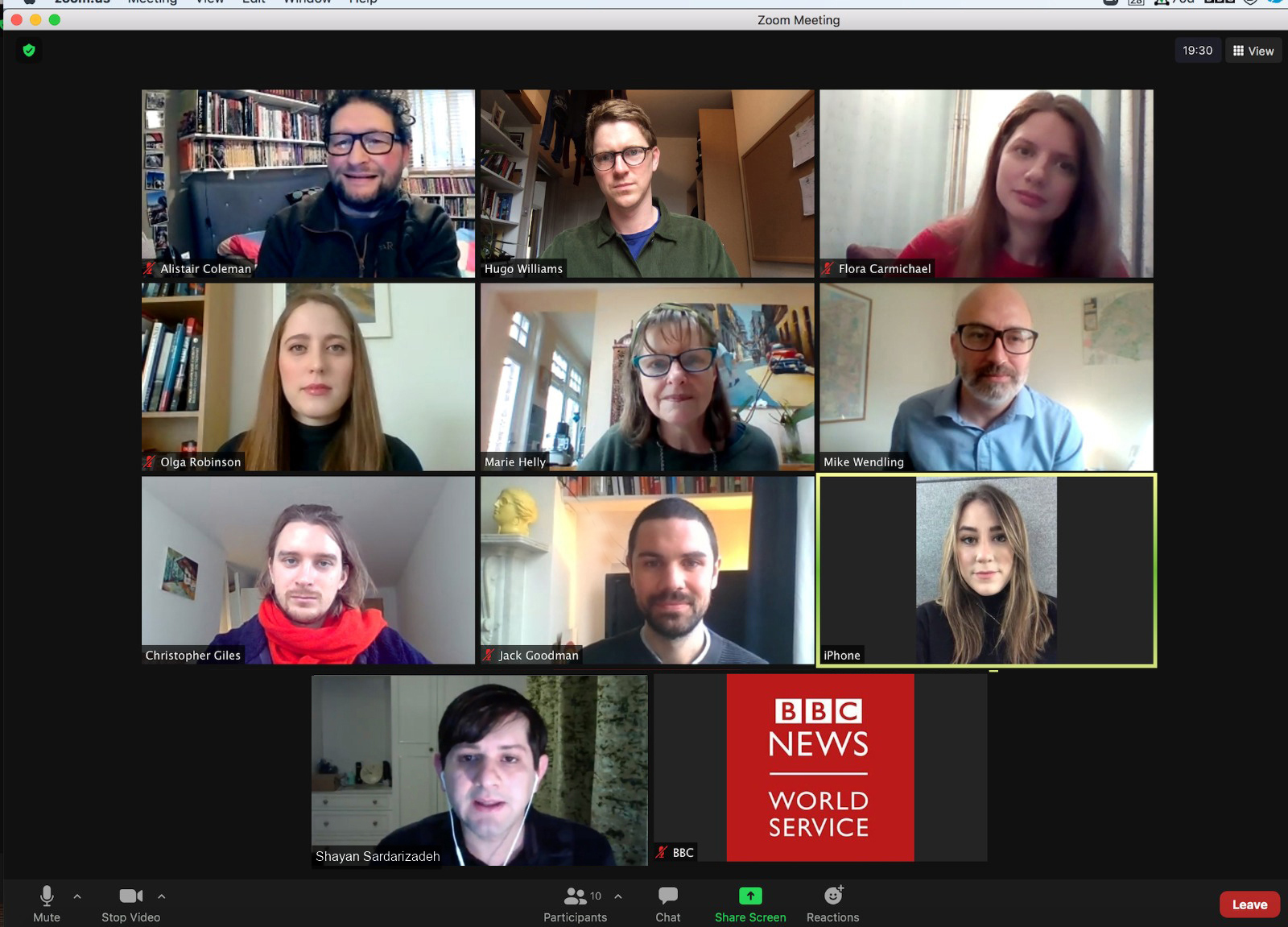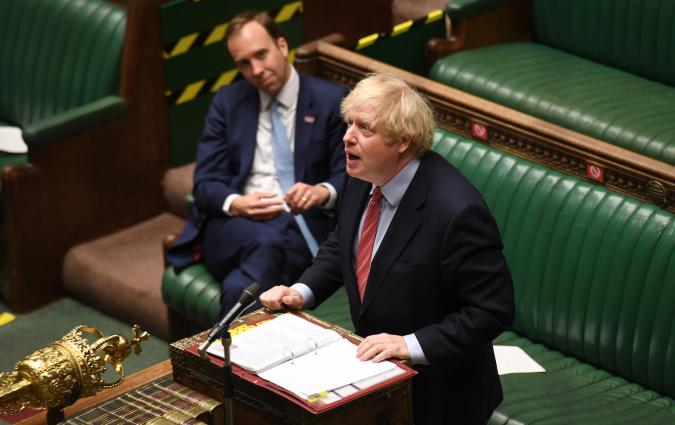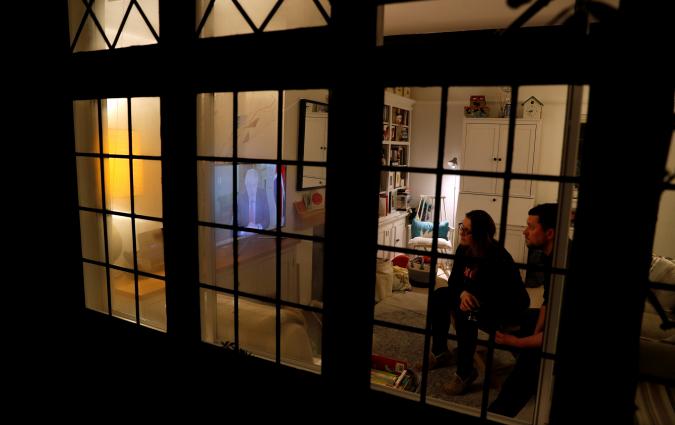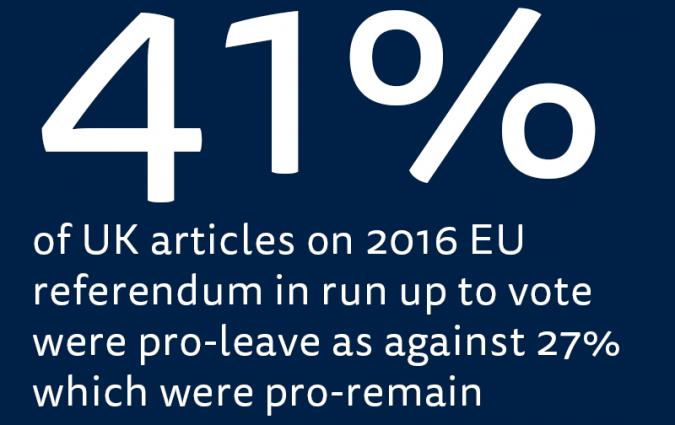In this piece
Is public service media doing enough to tackle misinformation?

BBC Monitoring's team of misinformation experts gather for an editorial meeting on Zoom during the 2021 Lockdown. (Screengrab supplied by Alistair Coleman)
In this piece
I lead a team at BBC Monitoring that specialises in spotting and investigating global misinformation. Every day, I’m astonished by my colleagues’ encyclopedic knowledge of the darker spaces of the internet, and ferocious determination to report the truth. Since we started in 2018, the reach of the BBC has meant our investigations and fact checks have been seen by millions of people. But the Covid pandemic upped the ante. Bad information and baseless conspiracy theories ran rife. Accessing good quality information became an issue of public health. As we fought this deluge of disinformation, one question kept pressing me: is this work reaching everyone who needs it?
Like most news organisations, public service media tends towards a ‘top down’ approach, anticipating people will come to it for information. But as research from the Reuters Institute on Covid news reach shows, “less privileged parts of the population are significantly less likely to turn to news media than their more privileged counterparts”.
Public service media organisations have an obligation to serve all audiences. If they are not coming to us, we need to find ways of reaching them.
In October 2020, as the second wave of Covid headed for the UK and another lockdown loomed, I started a fellowship at the Reuters Institute in Oxford to explore best practice around the world, and find practical ways of bridging that gap.
I spoke to Maldita’s Clara Jiménez Cruz about going off-network to meet your audience, and creating an army of “disinformation warriors”. I heard from The Hindu’s Strategy and Digital Editor Sriram Srinivasan about their decades’ long experience of teaching journalistic values to young people with bespoke news products. I learned about strategically targeting audiences from the Bureau of Investigative Journalism’s Impact Editor, Miriam Wells - and the vital importance of honestly assessing what works.
I looked at academic research around cognitive miserliness, truth default theory, and the decline of critical thinking skills among the UK’s young people, to see how our psychology and changing manner of information consumption can make us vulnerable to disinformation.
The result of my time at the institute is a paper summarising my recommendations for PSM organisations who want to take the lead in the fight against disinformation: move anti-misinformation efforts out of silos, make strategic use of your local networks, build communities, take lessons from the “bad guys” on how to make compelling content, and never forget to review your impact and adjust your approach.




